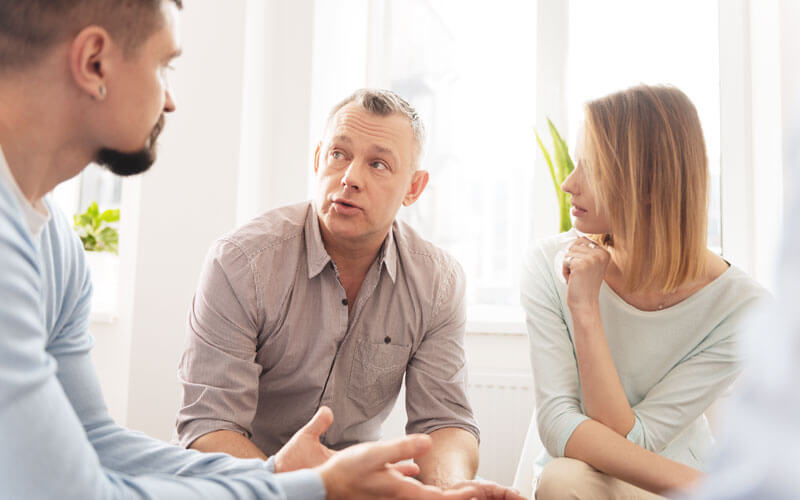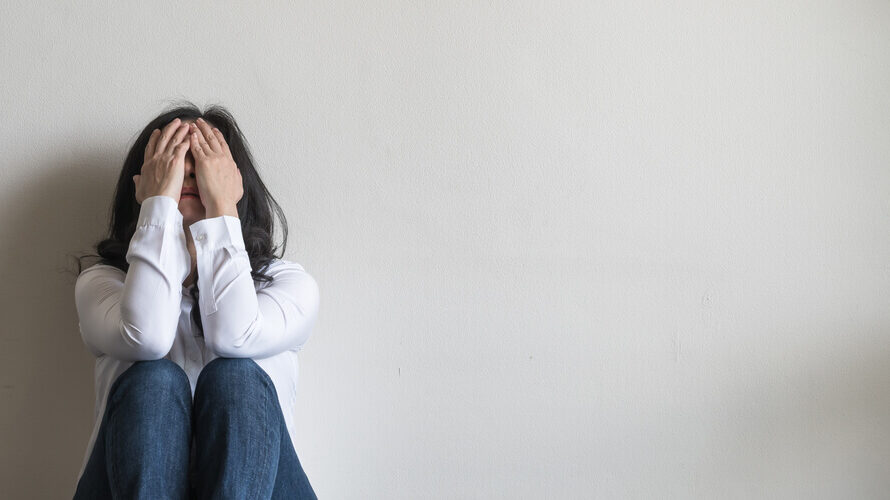Starting couples counselling with your partner can feel scary at first, but it can be a rewarding experience. If you’re feeling apprehensive or nervous about what to expect at your first couples counselling session, here are a few tips to help you prepare.
1. Be Honest and Open with Your Partner
Honesty is the foundation of any healthy and successful relationship, but it’s especially important when you’re in couples counselling. Be prepared to share your thoughts and feelings openly and honestly, even if it’s difficult. Counselling is a safe space to explore challenges and work toward solutions, which can only happen if both partners are truthful with themselves and each other. Honesty paves the way for a deeper understanding of your relationship and the changes you want to make.
2. Discuss Your Goals for Therapy
What do you hope to achieve through couples counselling? Do you want to improve your communication skills? Resolve conflict more effectively? Grow more intimate with your partner? Having a clear understanding of your goals will help your therapist tailor their approach to your specific needs. By identifying your goals with your partner beforehand, you’ll be setting yourselves up for a more focused and productive counselling experience, increasing the likelihood of positive outcomes.
3. Be Prepared to Share Your Personal History
Your therapist may ask questions about your childhood, family background, and relationship history. This can feel a bit unexpected and deeply personal, but it’s a valuable way for your therapist to understand the patterns and dynamics of your current relationship. Here’s why:
- Detecting Early Attachment Patterns: Our childhood experiences, particularly with our primary caregivers, shape how we connect with others as adults. Sharing your family history can shed light on how you learned to give and receive love, express emotions, and navigate conflict.
- Identifying Recurring Themes: Past romantic and familial relationships can reveal recurring themes and patterns in your life. By exploring these, you might learn how past experiences influence your current relationship dynamics.
- Understanding Individual Needs: Your personal history helps your therapist understand your individual needs and sensitivities within the relationship. This allows them to offer tailored guidance and support.
Remember that sharing these details and experiences with your therapist is voluntary. Your therapist will create a safe, non-judgmental space for you to share as much as you feel comfortable with. This exploration can be a powerful tool for growth and healing, both individually and as a couple.
4. Decide If and How You’ll Tell Friends and Family
Couples counselling is a personal journey. It’s entirely up to you and your partner to decide if you want to share this information and who you choose to share it with. Here are a few things to consider:
- Your Comfort Level: How comfortable are you with others knowing that you and your partner are attending couples counselling? Some couples are very open about it, while others prefer to keep it quiet. There’s no right or wrong answer, but you do need to ensure that you and your partner are on the same page.
- Your Support System: Think about who in your life will offer genuine support and encouragement without judgment. These are the people you may want to confide in.
- Setting Boundaries: If you do decide to tell others, be clear with your partner about what you’re comfortable sharing.
Remember, you have the right to privacy and can choose to share only what feels right to you and your partner.
5. Know That It’s Okay to Be Nervous
Starting couples counselling is a big step, and it’s normal to feel nervous or anxious. You might be worried about what your therapist will think or fear what will come up in the sessions. Keep in mind:
- Your Therapist is Here to Help: Couples therapists are trained to create a safe, supportive environment. They’re not here to judge you or take sides. The goal is to help you and your partner understand each other better and find ways to improve your relationship.
- It’s a Brave Step: Acknowledging that your relationship needs extra support takes courage. You and your partner should be proud of yourselves for taking this step towards a healthier and happier future together.
- Focus on the Positive: While it’s normal to feel apprehensive, try to focus on the positive reasons you’re seeking counselling. You’re taking proactive steps to strengthen your bond and build a more fulfilling relationship.
It’s okay to feel a mix of emotions. Just remember that you’re not alone—seeking help is a sign of strength, not weakness.
Extra Tips for Success in Couples Counselling
- Clear Your Schedule for Your First Appointment: You’ll want to have plenty of time to talk to your therapist without feeling rushed.
- Come Prepared to Take Notes: You may want to jot down important points or questions that come up during the session.
- Be Open to Feedback: Your therapist may offer suggestions or challenges that you don’t agree with at first. Be willing to listen with an open mind.
Schedule Couples Counselling in Calgary
Taking the first step towards couples counselling can be the hardest part, but it’s a significant move towards a stronger and more fulfilling relationship. Remember, you don’t have to navigate these challenges alone. At The Family Psychology Place in Calgary, our compassionate therapists are here to provide guidance and support as you work towards a happier and healthier future together through couples counselling. Ready to begin your journey?
Contact us to schedule a consultation today, and let us help you build the relationship you deserve.




